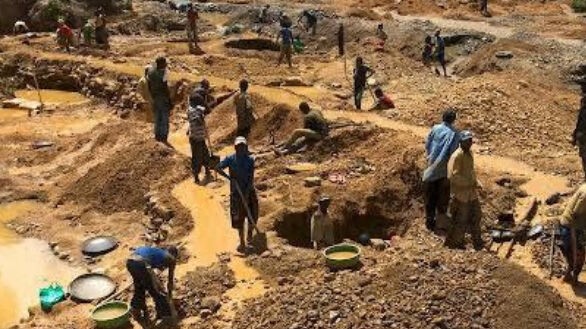To Attract FDI to Its over 44 Solid Minerals Nigeria Must Join International Mining Bodies, KPMG Says
In its June report on the country’s solid minerals sector, KPMG, the internationally renowned audit firm stated that based on its mineral wealth, Nigeria should naturally be a preferred mining destination for many multinationals.
The firm listed Nigeria’s mineral deposits to include, but not limited to, gold, barite, bentonite, limestone, coal, bitumen, iron ore, tantalite/columbite, lead/zinc, gemstones, granite, marble, gypsum, talc, iron ore, lead, lithium, nickel, and silver.
It stated, however, that a myriad of challenges had plagued the sector, hindering its ability to attract and retain the much-needed foreign participation and investments.
KPMG stated that membership and affiliations with such globally renowned mining organisations would confer several benefits to Nigeria and mining stakeholders, and had the potential to put the country in pole position to attract FDIs.
“They include: The Committee for Mineral Reserves International Reporting Standards (CRIRSCO), the Intergovernmental Forum on Mining, Minerals, Metals and Sustainable Development (IGF), and the International Council of Mining and Metals (ICMM), amongst others.”
“Some of the benefits for joining” it said, “include validating the veracity and existence of acclaimed mineral deposits, especially of critical metals, earning and maintaining global trust by promoting high standards of reporting of identified mineral estimates and strengthening the social and environmental performance of the mining sector, in view of the increasing ESG-investment considerations.”
It also identified other benefits as, “building recognition of the mining sector contribution to local communities and society at large and strengthening laws and policies to achieve short and long-term sustainable development goals.”
As of May 2024, KPMG stated that a total of 7,182 companies and individuals were licensed to operate in the upstream subsector, including exploration, mining lease, quarrying lease and small scale mining licence.
It listed some of the challenges in the sector to include the lack of critical infrastructure, particularly adequate electricity supply and access roads to sites of mineral deposits, as well as limited geoscience data and information.

